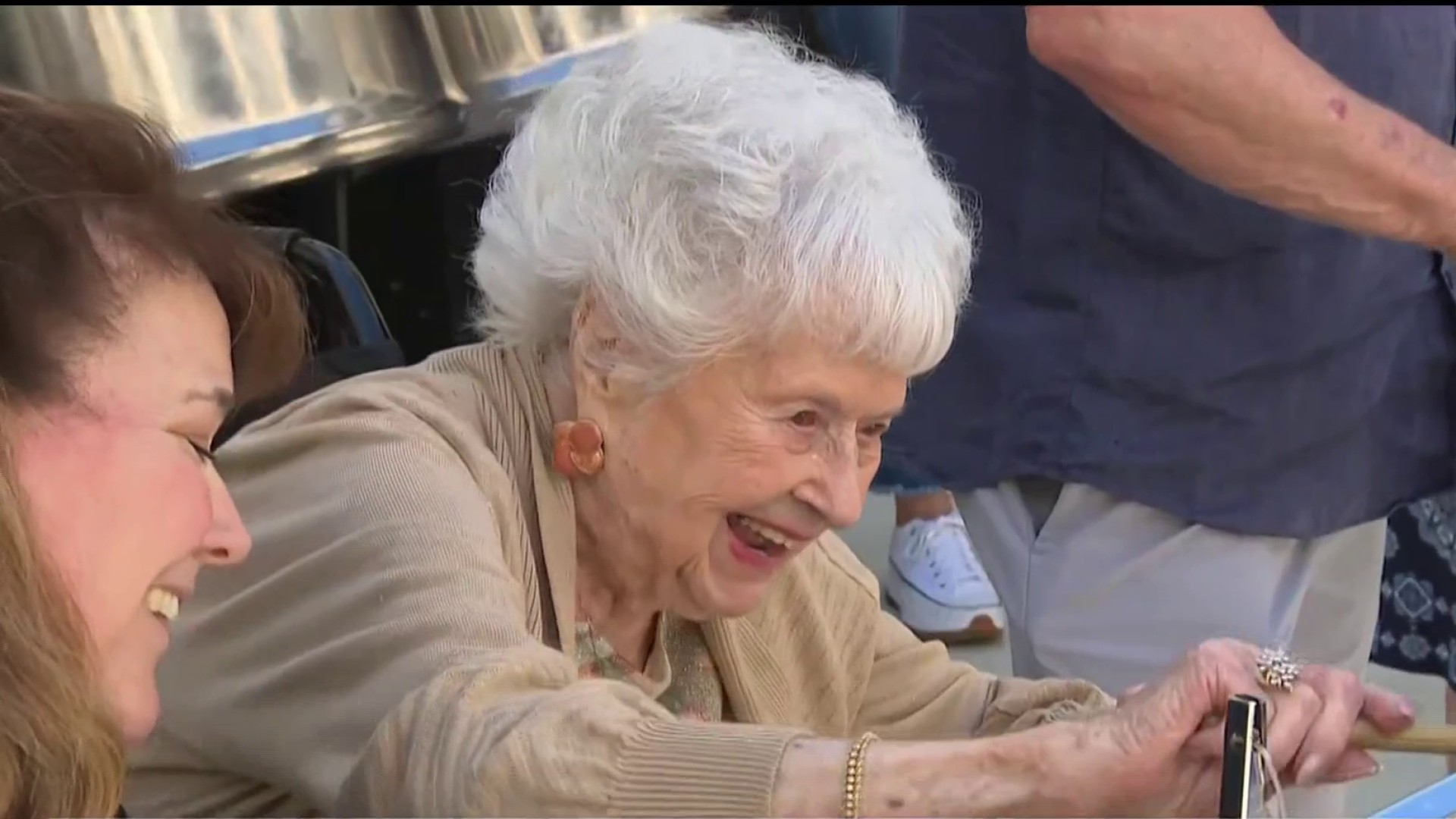'Slacktivism' is a phenomenon that social media researchers have been studying based on recent internet habits.
"A slacktivist will post a hashtag on Twitter or Instagram or change their Facebook profile picture as a way to show support for a cause or as a way to help in an effort, while not doing anything for the victims in a tangible way," said Bradley Bond, an assistant professor in the Communications Department at the University of San Diego.
The term is a combination of the words 'slacker' and 'activism.'
Bond said this tends to happen during natural disasters, like Hurricane Harvey, or after traumatic events like terrorist attacks.
"An example is the shootings that happened in Paris," said Bond. "Many people felt like changing their profile picture to the French flag or putting the hashtag 'Pray for Paris' meant they were showing support. But they actually weren't doing anything physical or monetary to assist victims."
Bond also points to the same-sex marriage debate in the United States as an example.
"The Human Rights Campaign created a red equal sign filter that Facebook users could add to their profile picture," recalled Bond. "The filter was used by 2.7 million Facebook users in the U.S., but the Human Rights Campaign membership (i.e., those who have donated) is approximately half of that." Bond estimates that roughly one million people who changed their profile picture did not provide tangible support.
Bond hypothesizes the reason why slacktivism has caught on with social media users lately is due to the need to feel like they are contributing during a crisis.
"We use social media platforms to express our identity," said Bond. "The on stage performance you're giving on Facebook, Instagram or Twitter. These slackvist posts suggest that you care."
Bond added this can become a problem when people start to substitute donations and volunteer hours for internet clicks.
"The ability to get involved seems easier online when really people might be doing less than they would have before social media to help," said Bond.
But Bond adds that this kind of activism online can be a good thing as well. It can bring it to the attention of people who are able to donate money, volunteer their time or help out in other ways.
"Slacktivism can have its benefits. The ALS Association reported donations of over 115 million that they would not have received without the now-famous viral 'ice bucket challenge' on social media in summer of 2014," said Bond.
He added another example: the American Red Cross was able to use text messaging to get $20 million in donations just over 5 days after the Haiti earthquake of 2010.



